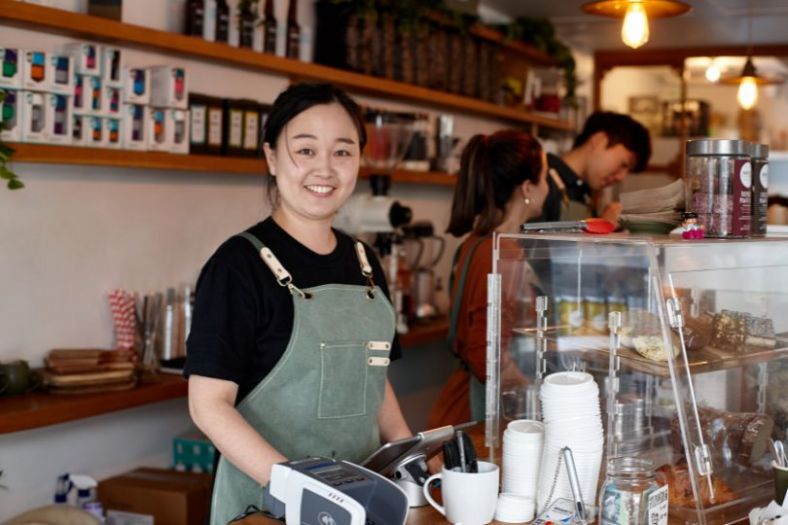Download or print
Request accessible format of this publication.

They create employment opportunities, encourage innovation, provide critical goods and services, and help to create vibrant communities people want to live in and visit80.
In 2017-18, there were 765,387 small businesses in New South Wales, which accounted for more than 95 per cent of businesses in the State81.
Despite the prevalence of small businesses in New South Wales, only one-third of these businesses are owned by women82.
Some of the key challenges faced by women in small business and entrepreneurial roles are outlined below.
While women are more likely to have informal support networks, they are less likely to have formal business growth networks83.
This is considered an intergenerational issue and a consequence of differences in confidence between men and women. Women are less likely than men to know other women business owners or entrepreneurs, or to have access to sponsors, mentors or professional support networks84.
Networks and mentors benefit entrepreneurs in setting higher aspirations, developing and executing better long-term growth plans, acquiring new or improved business skills, getting greater access to funding, and receiving emotional support85.
Strong networks and mentors can play an even bigger role for women in building awareness and confidence to overcome initial challenges in starting and developing their businesses86.
Strong networks and mentors can play an even bigger role for women in building awareness and confidence to overcome initial challenges in starting and developing their businesses.
Studies show that women often find it harder to raise finance to start and grow their business through equity options such as venture capital.
In 2019, just 3 per cent of global venture capital went to women-led start-ups. While this rate had previously been increasing, COVID-19 led to a downward trend, with only 2.3 per cent of global venture capital going to women-led start-ups in 2020.
Financing of women-led start-ups is better in Australia, with start-ups co-founded by a woman in 2021 receiving 27 per cent of venture capital. Wholly women-led start-ups, however, received just 5.3 per cent of venture capital87.
This trend is despite evidence that women-led start-ups generate more than twice as much revenue per dollar invested than those companies founded by men88.
Women also tend to have fewer networks to access and secure funding, as high-net investors rely on existing contacts in their network to consider investment options89.
As existing entrepreneurial networks have a significantly smaller proportion of women, fewer entry points exist for women to access equity options such as venture capital90.
Request accessible format of this publication.